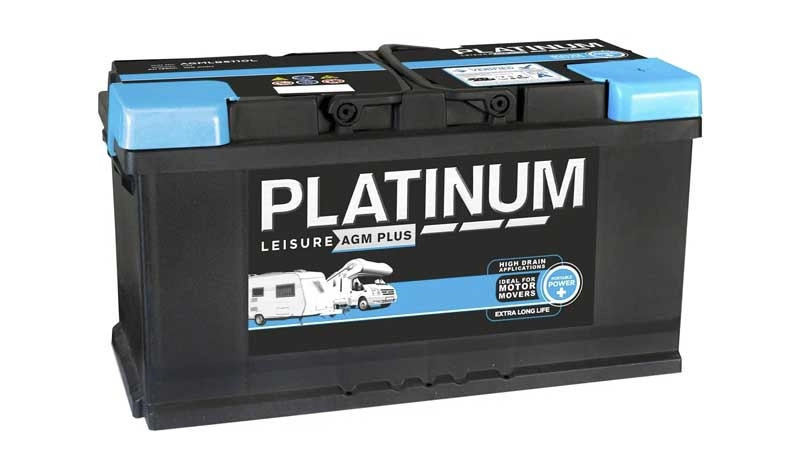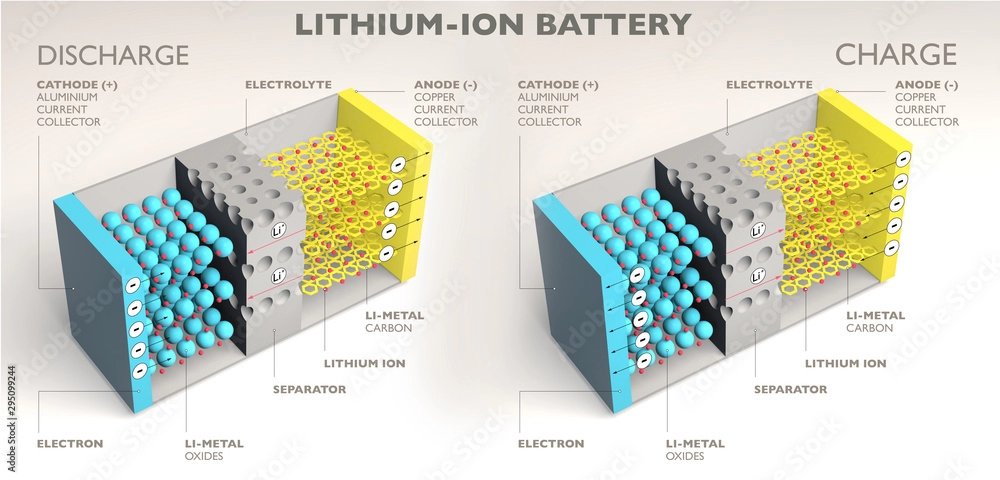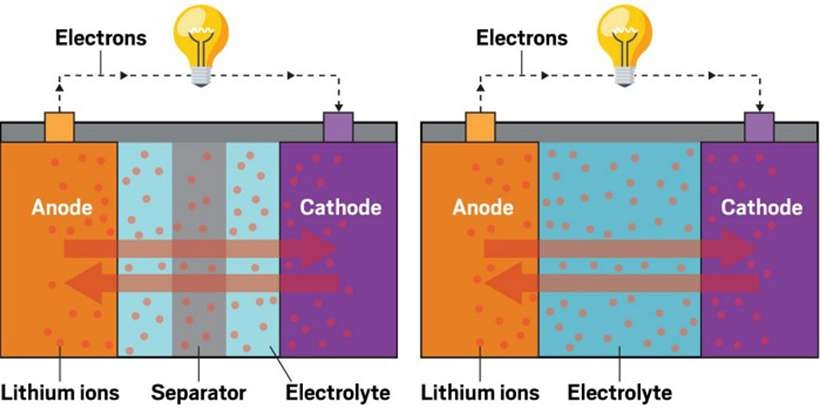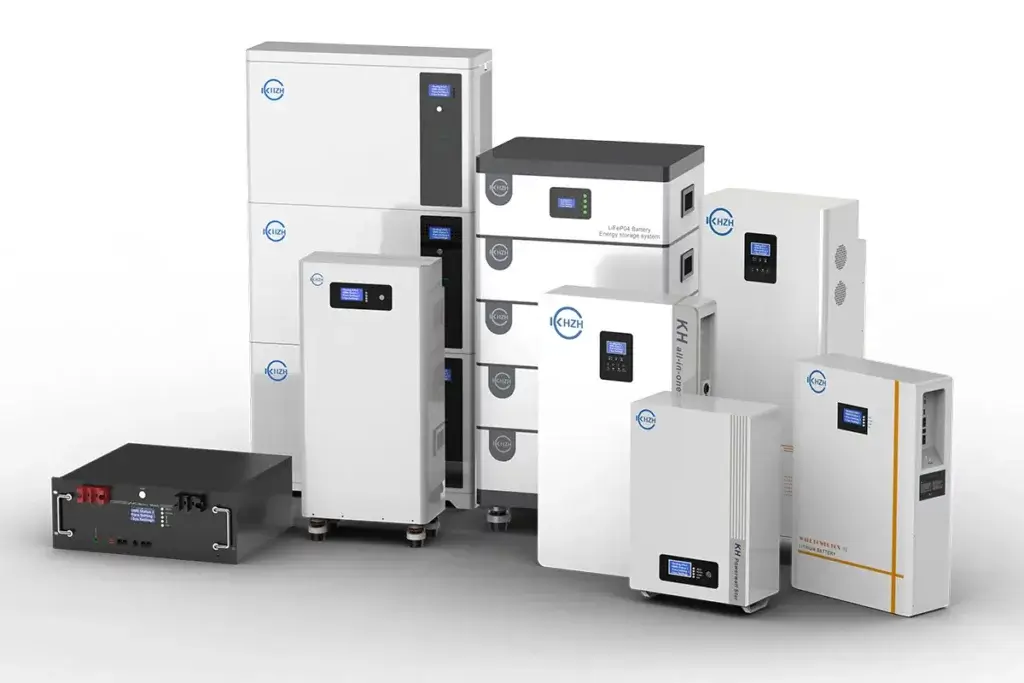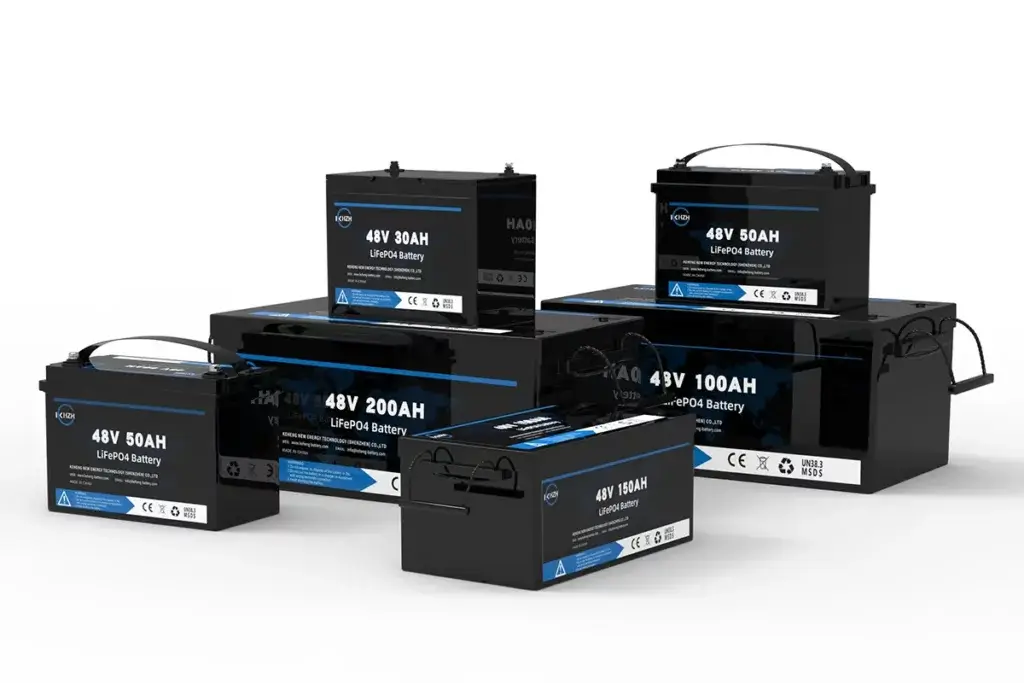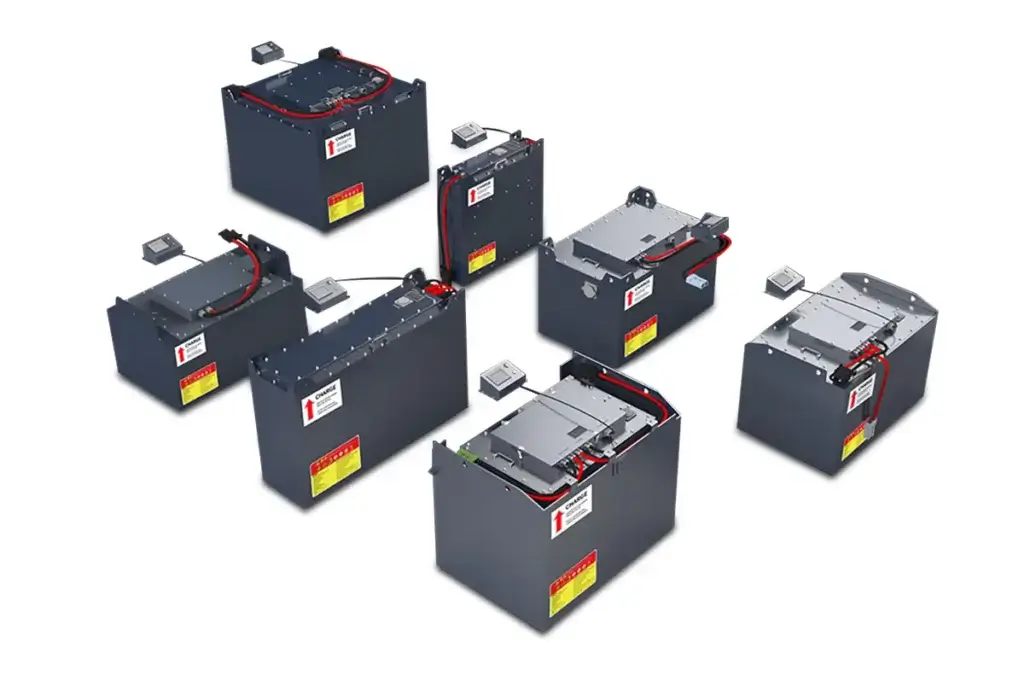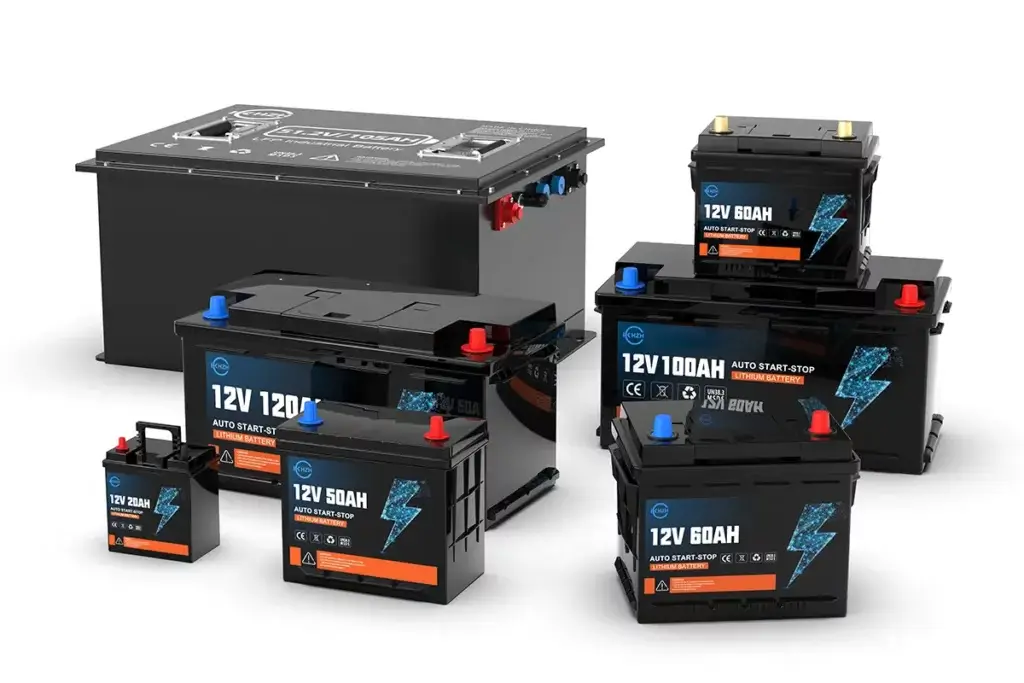Leisure batteries are an essential component for enhancing your camping and travel experiences in RVs and campervans. Among the various options available, Class A leisure batteries stand out for their impressive capacity and efficiency, making them particularly well-suited for exploring off-grid destinations. This guide will cover all aspects of Class A leisure batteries to help you make informed choices for your next adventure.
Part 1: What is a Leisure Battery?
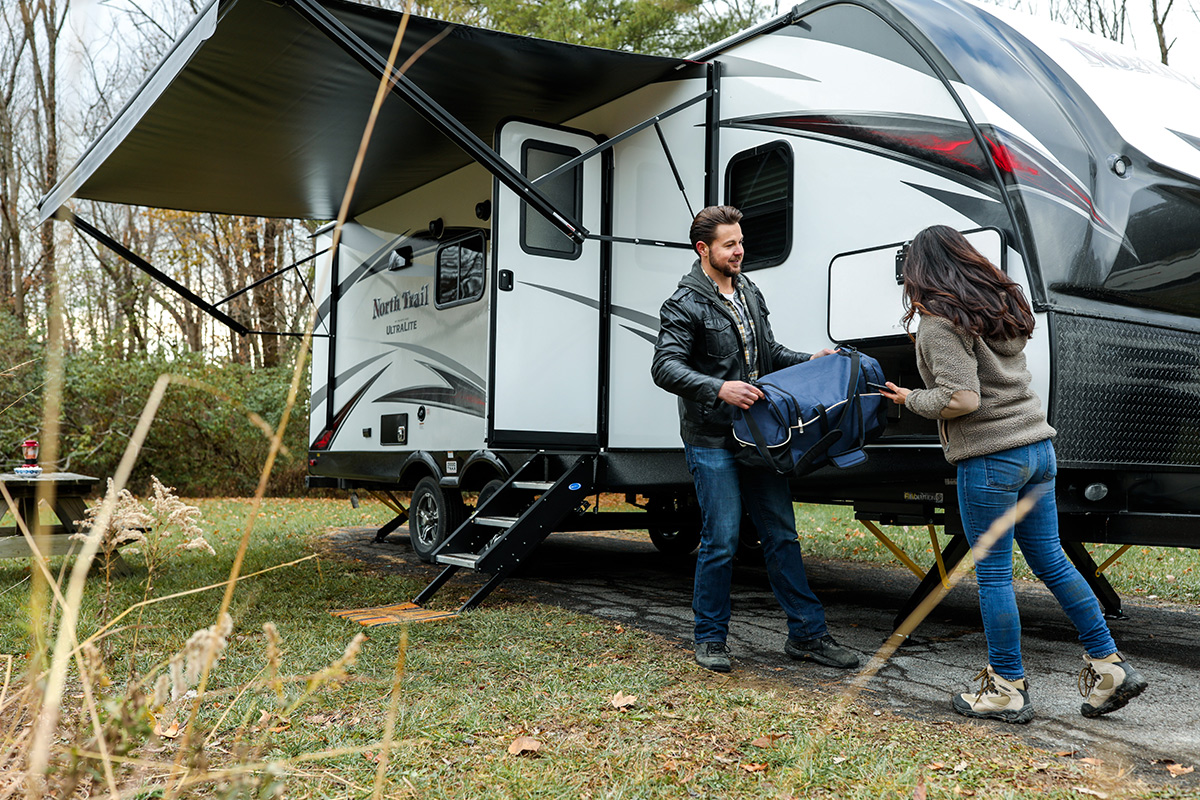
Leisure batteries are designed to power 12V appliances in recreational vehicles, campervans, and other leisure vehicles. Unlike standard car batteries, which provide a quick surge of power to start an engine, leisure batteries deliver a steady flow of energy over a prolonged period. This stable output is perfect for powering common appliances like lights and refrigerators while camping or traveling.
Key Features of Leisure Batteries
- Deep Cycle Design: Leisure batteries are designed to handle repeated discharging and recharging without significant wear and tear, making them ideal for long-term use.
- Sustained Low Current: Provides a consistent low current output over extended periods, ideal for continuous appliance operation.
- Durability: Leisure batteries are built to withstand the harsh conditions of outdoor living, including temperature fluctuations and vibrations from travel.
Part 2: Types of Leisure Batteries
Leisure batteries come in several types, each with its unique characteristics and advantages. The most common types include:
- Lead-Acid Batteries: Traditional and affordable, these batteries come in two types: flooded cell and sealed. While they are budget-friendly, they are heavier and typically have a shorter lifespan compared to newer technologies.
- AGM Batteries (Absorbent Glass Mat): These sealed lead-acid batteries offer improved performance and safety. They are vibration-resistant, maintenance-free, and can be installed in various orientations.
- Gel Batteries: Similar to AGM batteries, gel batteries use a gelled electrolyte to prevent leakage. This makes them spill-proof and safer for use in confined spaces.
- Lithium Iron Phosphate Batteries (LiFePO4): LiFePO4 batteries are the latest technology in leisure batteries, offering lightweight design, long lifespan, and the ability to undergo deeper discharge cycles without degradation. While they are more expensive, their efficiency and durability make them a top choice for serious campers. To learn more about these batteries, check out our LiFePO4 Battery User Maintenance Guide.
Part 3: The NCC Verified Leisure Battery Scheme
The NCC (National Caravan Council) Verified Leisure Battery Scheme is designed to ensure that leisure batteries meet specific performance and safety standards. This scheme gives consumers confidence in the quality and reliability of the batteries they purchase. Batteries that meet the NCC’s rigorous testing criteria are certified and marked with a verification label, indicating they are suitable for use in RVs and campervans.
Benefits of the NCC Verified Scheme
- Quality Assurance: The scheme guarantees that batteries meet high performance and safety standards, reducing the risk of failure during operation.
- Enhanced Consumer Confidence: With NCC verification, consumers can trust that their leisure batteries are reliable and safe.
- Industry Standard: The scheme helps maintain high-quality manufacturing standards and promotes best practices within the industry.
Part 4: Why Choose a Class A Leisure Battery?
Class A leisure batteries are designed for users who frequently travel off-grid and require a reliable power source for extended periods. Their superior performance characteristics make them an excellent choice for demanding applications. Here are some key reasons why Class A leisure batteries are an excellent choice:
- High Capacity: Class A batteries typically offer a larger storage capacity, making them ideal for powering multiple devices simultaneously.
- Extended Lifespan: With proper maintenance, Class A leisure batteries can last significantly longer than other types, providing better long-term value.
- Efficiency: These batteries charge quickly and maintain their performance even under heavy loads, ensuring reliable power availability.
Part 5: Appliances Supported by Class A Leisure Batteries
Class A leisure batteries can support a wide range of appliances, making them perfect for various camping and travel needs. Whether it’s basic lighting, refrigerators, charging devices, or entertainment systems, these batteries provide the high capacity and sustained power needed for all your off-grid adventures.
Leisure Batteries: Powering Your Adventures
Leisure batteries are essential for various camping and travel needs. Their versatility makes them an ideal power source for a range of appliances on the go. Some common appliances powered by leisure batteries include:
- Refrigerators: Essential for keeping food and drinks cool, particularly on long trips.
- Lighting: Efficiently powers LED lights and other lighting for enhanced visibility and comfort.
- Water Pumps: For vehicles with onboard water systems, leisure batteries power water pumps for both fresh and wastewater management.
- Heating Systems: Powers portable or vehicle heating systems to maintain comfort during colder months.
- Entertainment Systems: Powers televisions, radios, and other entertainment devices, enhancing the travel experience.
Section 6: Comparing Class A, B, and C Leisure Batteries
When selecting a leisure battery, it’s important to understand the differences between Class A, B, and C batteries. Here’s a comparison to help you make your decision:
| Characteristic | Class A | Class B | Class C |
|---|---|---|---|
| Capacity | High (100Ah and above) | Medium (50-100Ah) | Low (Less than 50Ah) |
| Lifespan | Long (Up to 10 years) | Medium (5-7 years) | Short (3-5 years) |
| Weight | Heavier due to their higher capacity | Moderate weight | Lighter, easier to handle |
| Cost | Higher initial investment | Moderate cost | Lower initial cost |
| Ideal Use | Extended off-grid camping | Suitable for short trips and occasional use | Ideal for light use and short getaways |
Class A batteries are ideal for those needing substantial power to support multiple appliances for extended periods. Class B and C batteries may suffice for lighter or shorter trips.
Section 7: How to Choose the Right Class A Leisure Battery
Choosing the right leisure battery requires careful consideration of several key factors:
- Amp-Hour Capacity (Ah)
The amp-hour capacity (Ah) rating indicates the battery’s capacity. For example, a 100Ah battery can deliver 5 amps of current for 20 hours. Consider the appliances you plan to use and their power requirements. - Battery Type
Different battery types, such as lead-acid and lithium, offer different advantages. Lithium batteries offer superior performance but come at a higher cost. Consider the trade-offs based on your budget and usage. - Size and Weight
Ensure the battery fits in your vehicle’s battery compartment. Consider the weight, as heavier batteries can impact fuel efficiency and handling. - Charging Efficiency
Look for batteries that charge quickly and efficiently, particularly if you plan to charge while driving. - Budget
While the most affordable option may be tempting, investing in a high-quality leisure battery can save you money in the long run through its durability and efficiency.
Section 8: Maintenance Tips for Leisure Batteries
Proper maintenance extends the lifespan of your leisure battery. Follow these essential maintenance tips:
- Regular Charging: Avoid letting the battery discharge below 50%. Regular charging helps maintain optimal performance.
- Clean Terminals: Keep the battery terminals free of corrosion. Apply a thin coat of petroleum jelly to prevent corrosion.
- Check Water Levels: For wet-cell lead-acid batteries, periodically check and replenish water levels with distilled water as needed when the electrolyte level is low.
- Temperature Management: Store and use batteries in a temperature-controlled environment to protect them from extreme temperatures.
